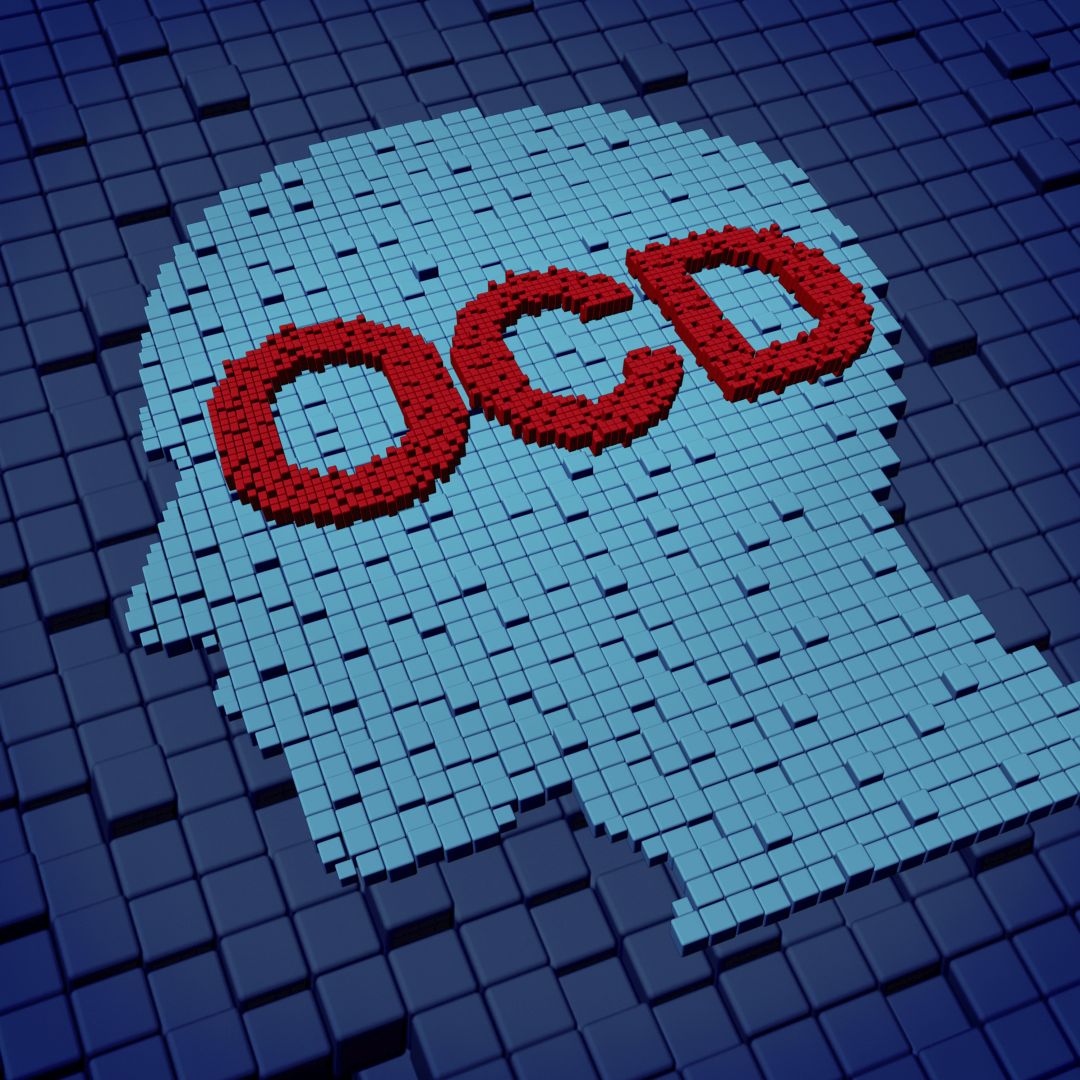What it’s like to live with OCD
Intrusive thoughts are something almost everyone experiences now and again, but for those who suffer from OCD, it can feel like they are impossible to turn off. David Adam tells what happened when he finally accepted his situation and sought help

Most people have heard of OCD – obsessive compulsive disorder – and, to many, the condition is understood as nothing worse than a behavioural quirk. In fact, OCD is a severe and crippling illness, characterised more by the near-constant experience of strange and unpleasant thoughts than by a desire for order and hygiene. Some of the compulsive behaviour does take that form – frequent hand-washing, for example – but it’s usually performed only as a way to make a strange thought go away. A person with OCD who washes their hands perpetually is usually not concerned by dirt under the fingernails; they’re terrified that if they don’t wash then something awful will happen – that their parents or children might die perhaps.
While rituals can stem thoughts temporarily, the relief doesn’t last. In fact, psychologists have shown that using a ritual to distract from an obsessive thought makes it come back harder. It sets up a vicious cycle where persistent thoughts are answered and encouraged by repetitive action. With OCD, the two are bound so tightly that almost supernatural effort is needed to break the link. It’s like holding back an avalanche by melting snow with a candle. It just keeps coming and coming.
My call to the GP led to anti-depressants (commonly prescribed for OCD) and group sessions of cognitive behavioural therapy. Luckily, I lived in the catchment area for a specialist unit and it was there that I had a revelation: the thoughts that caused me such distress weren’t the problem. Almost everyone has intrusive thoughts. But most people don’t talk about them – unless psychologists ask. When they do, survey after survey shows nine in 10 people admit to having thoughts that distress, bewilder, shock or perplex them. Many have thoughts about driving their car off the road. A third have thoughts about grabbing money. More than four in 10 get an urge to jump from a high place; an impulse so common it’s known as the high-place phenomenon. Fifty per cent of women and eight in 10 men have thoughts about strangers in the nude, while half of all people can’t help thinking about sex acts they consider ‘disgusting’. In most people, these thoughts go away. In OCD sufferers, they don’t.
It’s not that OCD meant I couldn’t function, or that I couldn’t think of or do anything else – I did well in exams, had friends and girlfriends, furious arguments and fun conversations, and I held down some decent jobs. It’s just that I was thinking about something else at the time. I was thinking about how I might have caught HIV when I learned my grandmother had passed away, when I heard Princess Diana had died, when I watched Pulp Fiction at the cinema and rower Steve Redgrave claim his fifth Olympic gold medal on TV. I was thinking about HIV and AIDS in the days before I got married – I’d met a scientist at a conference the previous week with a sore on his lip and couldn’t be sure we hadn’t mixed up our drinks. OCD stole something from me: it took away my attention.
Spot the signs
- consume excessive amounts of time (more than an hour a day);
- cause significant distress and anguish;
- interfere with daily functioning at home, school or work, including social activities and family life and relationships.
David Adam’s book The Man Who Couldn’t Stop: OCD And The True Story Of A Life Lost In Thought (Picador, £16.99) is out now. For more information and support, visit national charity OCD-UK









